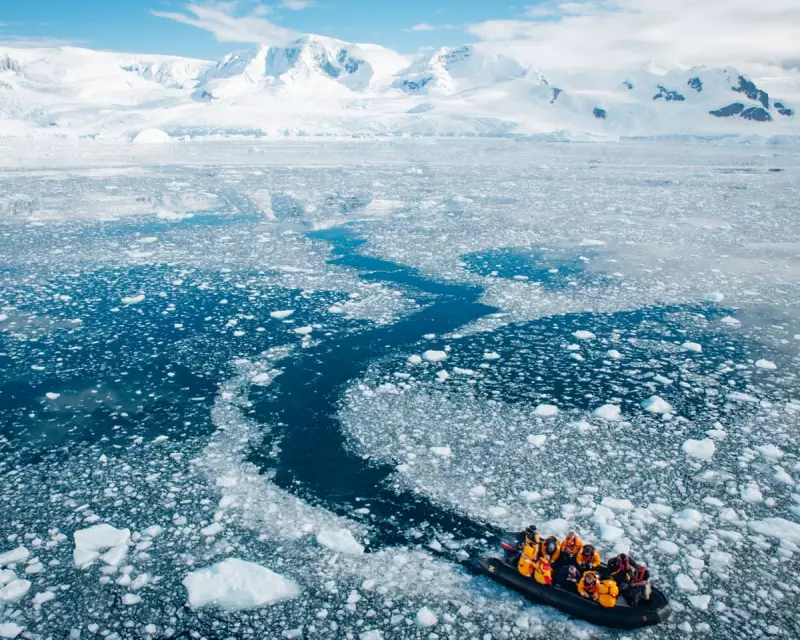
In a case that has sent shockwaves through the international scientific community, Russian authorities have detained prominent Ukrainian marine biologist Leonid Pshenichnov on charges of state treason, allegedly linked to his research on Antarctic krill populations.
The Arrest and Allegations
Dr Pshenichnov, a respected expert in polar marine biology, was taken into custody by Russia's Federal Security Service (FSB) earlier this month. The charges reportedly stem from his work documenting krill fishing activities in the Southern Ocean, with prosecutors alleging he shared state secrets with foreign entities.
The arrest comes amid growing international concern about overfishing of Antarctic krill, tiny crustaceans that form the foundation of the Southern Ocean's food web. These critical organisms support everything from whales to penguins and play a vital role in the Antarctic ecosystem.
Scientific Community Reacts
Fellow scientists have expressed alarm at Dr Pshenichnov's detention, describing the treason charges as "deeply troubling" and potentially politically motivated. Colleagues emphasise that his research followed standard scientific protocols and was aimed at conservation rather than espionage.
Several international scientific organisations have called for his immediate release, warning that the case could have a chilling effect on crucial environmental research and international scientific cooperation in polar regions.
Broader Implications for Antarctic Conservation
The detention highlights the increasingly tense intersection of science, politics and environmental protection in the strategically important Antarctic region. Krill fishing has become a contentious issue as demand grows for omega-3 supplements and aquaculture feed.
- Antarctic krill populations face multiple threats including climate change and commercial fishing
- The Commission for the Conservation of Antarctic Marine Living Resources oversees krill fisheries management
- Scientists warn that krill decline could collapse entire Antarctic ecosystems
International observers note that the case emerges against a backdrop of heightened geopolitical tensions, with scientific research becoming increasingly entangled in broader political conflicts.
As the situation develops, conservation groups and scientific bodies continue to monitor Dr Pshenichnov's case closely, while urging continued international cooperation to protect the fragile Antarctic environment that his research sought to understand and preserve.





